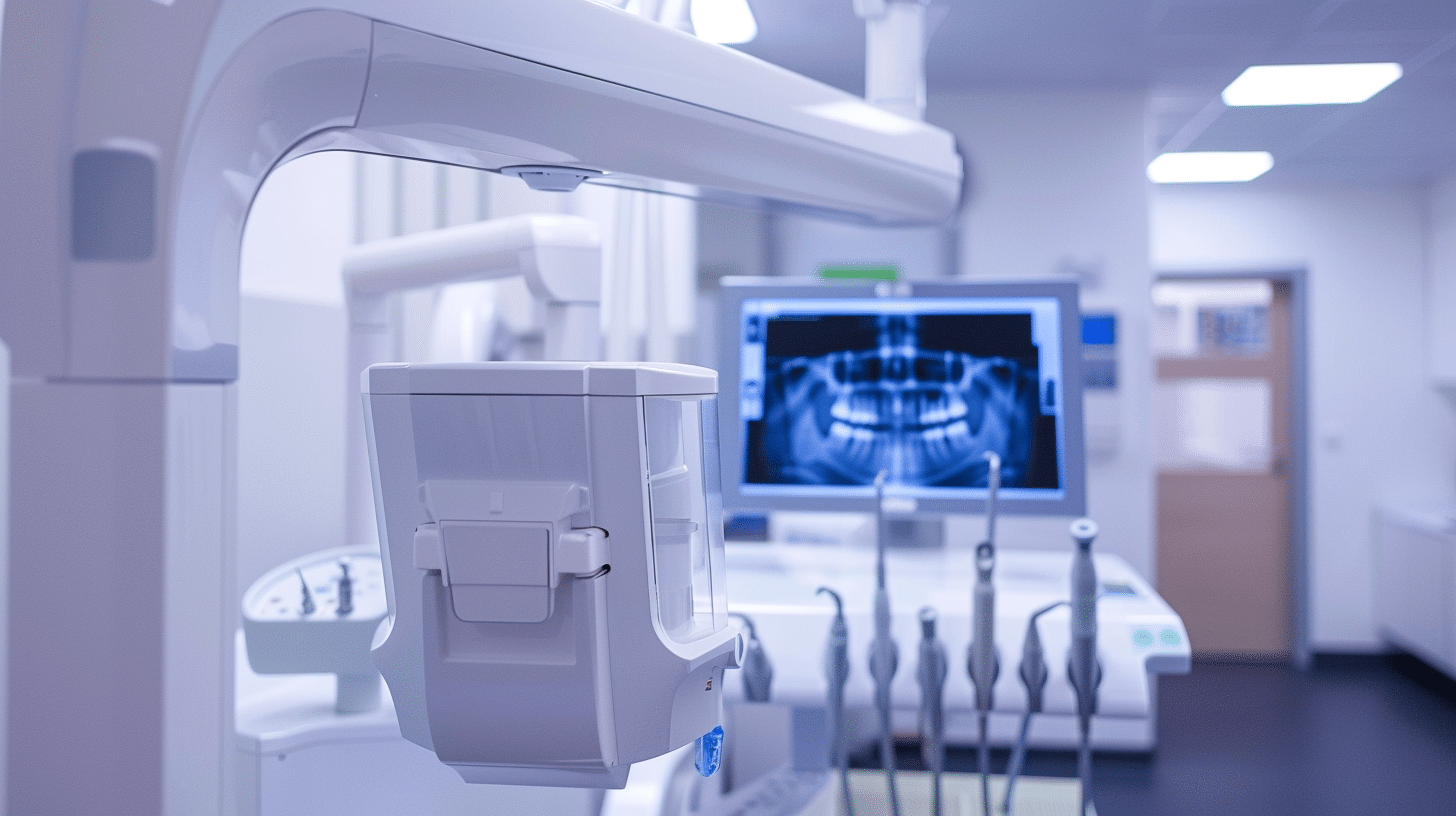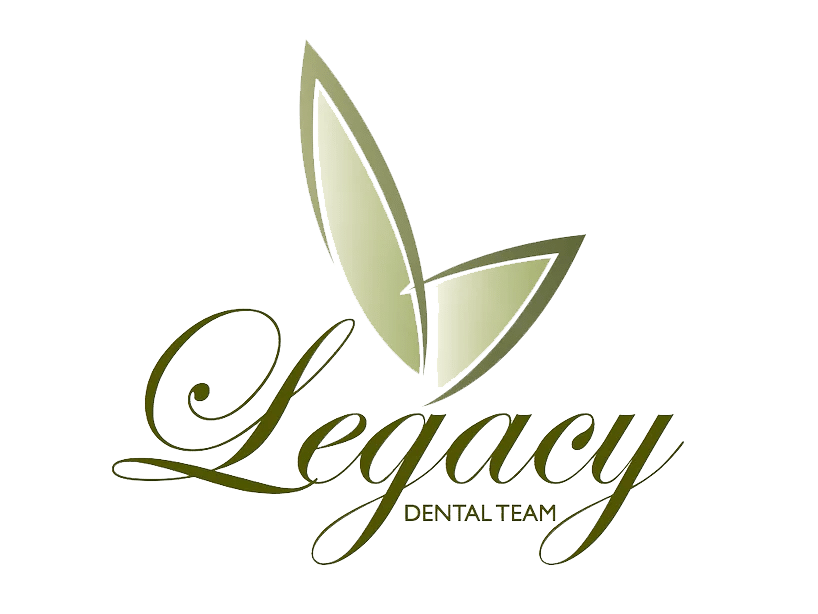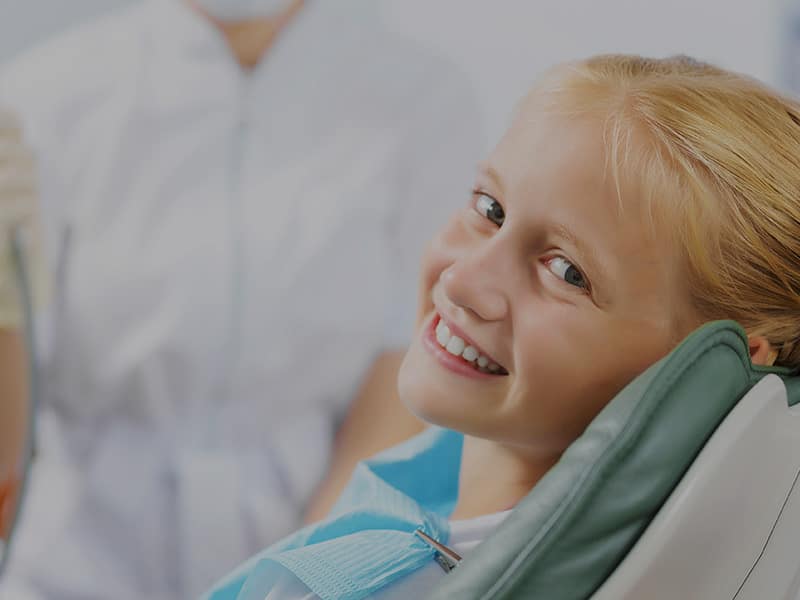The Impact of Diet and Lifestyle on Oral Cancer Risk
Oral cancer, a type of cancer that forms in the tissues of the mouth or throat, poses a significant health risk worldwide. Understanding the risk factors associated with oral cancer is essential for prevention and early detection. While genetics and certain viruses like HPV play a role, lifestyle choices such as diet, tobacco, and alcohol consumption also significantly influence oral cancer risk. In this article, we will explore how diet and lifestyle can impact the risk of developing oral cancer and discuss ways to mitigate these risks.
Understanding Oral Cancer and Its Risk Factors
Oral cancer encompasses cancers of the lips, tongue, cheeks, floor of the mouth, hard and soft palate, sinuses, and throat. According to the American Cancer Society, approximately 54,000 people in the United States are diagnosed with oral or oropharyngeal cancer each year. Recognizing the risk factors can aid in prevention and early intervention.
HPV and Oral Cancer
Human papillomavirus (HPV) is a significant risk factor for oral cancer, especially oropharyngeal cancers. HPV is a group of viruses that can infect the skin and mucous membranes. While most HPV infections clear up on their own, some high-risk types can lead to cancer. Vaccination against HPV can reduce the risk of developing HPV-related oral cancers.

Common Oral Cancer Risk Factors
Several factors can increase the risk of developing oral cancer. These include:
- Tobacco Use: Smoking cigarettes, cigars, pipes, and using smokeless tobacco products are leading causes of oral cancer.
- Excessive Alcohol Consumption: Heavy drinking increases the risk, especially when combined with tobacco use.
- Age and Gender: Oral cancer is more common in older adults and is more prevalent in men than women.
- Sun Exposure: Prolonged exposure to the sun can increase the risk of lip cancer.
- Poor Oral Hygiene: Neglecting oral health can lead to infections and other conditions that increase cancer risk.
The Role of Diet in Oral Cancer Risk
Diet plays a crucial role in maintaining overall health and can influence the risk of developing oral cancer. A diet rich in fruits, vegetables, and whole grains can help protect against oral cancer, while a poor diet can increase risk.
Protective Foods
Certain foods have been identified as protective against oral cancer due to their rich nutrient content. These include:
- Fruits and Vegetables: High in vitamins, minerals, and antioxidants, these foods help protect cells from damage. Leafy greens, citrus fruits, and berries are particularly beneficial.
- Whole Grains: Foods like brown rice, oatmeal, and whole-wheat products are rich in fiber and nutrients that support immune function.
- Healthy Fats: Omega-3 fatty acids found in fish, flaxseeds, and walnuts can reduce inflammation and support cell health.
- Green Tea: Contains catechins, which have antioxidant properties that may help prevent cancer.
Foods to Avoid
Conversely, some foods and dietary habits can increase the risk of oral cancer:
- Processed and Red Meats: High consumption of these meats can increase cancer risk.
- Sugary Foods and Beverages: Excessive sugar intake can lead to obesity and other health issues that contribute to cancer risk.
- Salted, Smoked, and Pickled Foods: These foods can contain carcinogens that increase cancer risk.
Lifestyle Choices and Oral Cancer Prevention
In addition to dietary choices, lifestyle factors play a significant role in oral cancer risk. Here are some lifestyle modifications that can reduce risk:
Quit Tobacco
Avoiding tobacco products is one of the most effective ways to lower the risk of oral cancer. If you’re a smoker or use smokeless tobacco, seek support to quit. Many resources are available, including counseling and medication.
Limit Alcohol Intake
Moderating alcohol consumption can reduce the risk of oral cancer. The American Cancer Society recommends no more than one drink per day for women and two for men.
Practice Good Oral Hygiene
Regular brushing and flossing, along with routine dental check-ups, can help maintain oral health and detect potential issues early.
Protect Against HPV
Getting vaccinated against HPV can prevent infections that could lead to oral cancer. Additionally, practicing safe sex and limiting the number of sexual partners can reduce HPV transmission.
Sun Protection
Using lip balm with SPF and wearing hats can protect against lip cancer caused by sun exposure.

Recognizing Mouth Cancer Signs
Early detection of oral cancer significantly improves treatment outcomes. Be aware of the following symptoms and consult a healthcare provider if they persist:
- A sore or ulcer in the mouth that does not heal
- Red or white patches in the mouth
- A lump or thickening in the cheek
- Difficulty chewing or swallowing
- Persistent sore throat or hoarseness
- Numbness of the tongue or other areas of the mouth
- Swelling of the jaw
Conclusion
Oral cancer is a serious condition with several risk factors, many of which are modifiable through lifestyle and dietary choices. By understanding the impact of diet and lifestyle on oral cancer risk, individuals can take proactive steps to reduce their risk. Emphasizing a balanced diet, avoiding tobacco and excessive alcohol, maintaining good oral hygiene, and seeking regular medical and dental check-ups can make a significant difference in oral cancer prevention. Early detection is key, so staying informed about the signs and symptoms is crucial for timely intervention.
Contact Legacy Dental Boynton Beach Today
Your oral health is crucial, and early detection of oral cancer can save lives. If you have any concerns or want to ensure you’re doing everything possible to reduce your cancer risk, consider scheduling an appointment with the professionals at Legacy Dental in Boynton Beach, FL. Their experienced team is dedicated to providing comprehensive oral health care and guidance on preventing oral cancer. Don’t wait for symptoms to become severe before seeking advice. Contact Legacy Dental today to discuss your oral health needs and set up a consultation. Your health is worth the investment.



